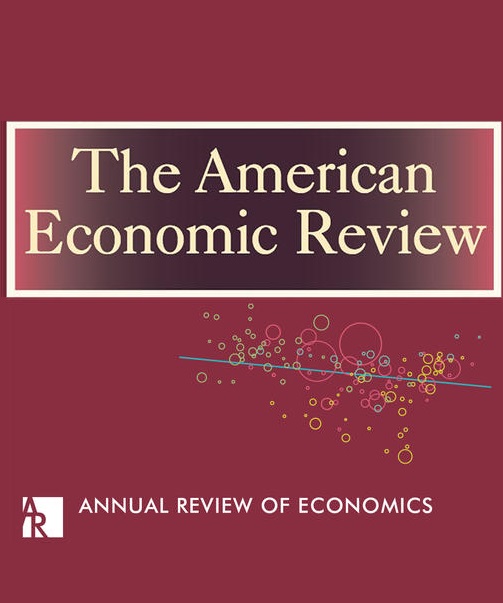虚构的金钱,真实的成本:经济突出对贫困学生的影响
IF 10.5
1区 经济学
Q1 ECONOMICS
引用次数: 14
摘要
当随机给贫困学生一个经济上突出的数学考试时,他们的表现会更差。对于社会经济指标低于全国中位数的学生,货币主题问题的比例每增加10个百分点,考试成绩就会下降0.026个标准差,约占其成绩差距的6%。使用问题层面的数据,我通过比较在货币和高度相似的非货币问题上的表现,确认了财务显著性的作用。利用问题的随机排序,我确定了对后续问题的影响,提供了证据,证明贫困的注意力捕获效应会影响实验环境之外的政策相关结果。(凝胶g53, i21, i24, i32, j13, o15)本文章由计算机程序翻译,如有差异,请以英文原文为准。
Fictional Money, Real Costs: Impacts of Financial Salience on Disadvantaged Students
Disadvantaged students perform differentially worse when randomly given a financially salient mathematics exam. For students with socioeconomic indicators below the national median, a 10 percentage point increase in the share of monetary themed questions depresses exam performance by 0.026 standard deviations, about 6 percent of their performance gap. Using question-level data, I confirm the role of financial salience by comparing performance on monetary and highly similar non-monetary questions. Leveraging the randomized ordering of questions, I identify an effect on subsequent questions, providing evidence that the attention capture effects of poverty affect policy relevant outcomes outside of experimental settings. (JEL G53, I21, I24, I32, J13, O15)
求助全文
通过发布文献求助,成功后即可免费获取论文全文。
去求助
来源期刊

American Economic Review
ECONOMICS-
CiteScore
18.60
自引率
2.80%
发文量
122
期刊介绍:
The American Economic Review (AER) stands as a prestigious general-interest economics journal. Founded in 1911, it holds the distinction of being one of the nation's oldest and most esteemed scholarly journals in economics. With a commitment to academic excellence, the AER releases 12 issues annually, featuring articles that span a wide spectrum of economic topics.
 求助内容:
求助内容: 应助结果提醒方式:
应助结果提醒方式:


